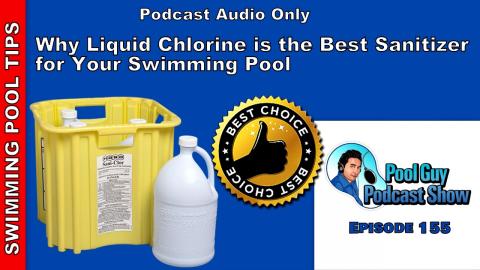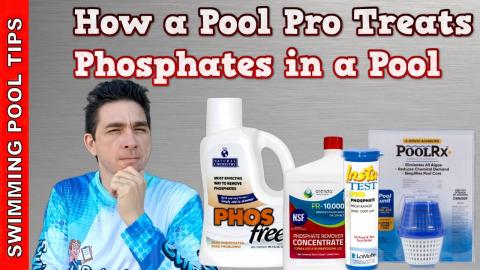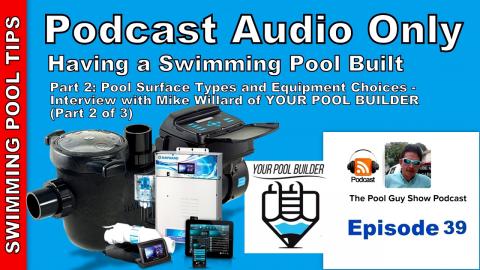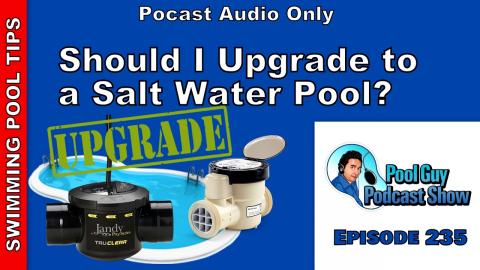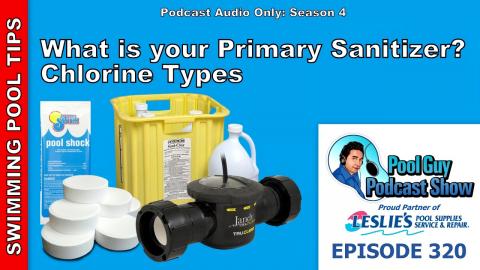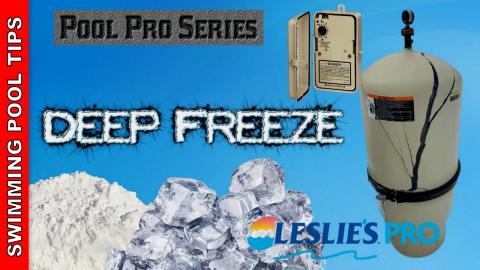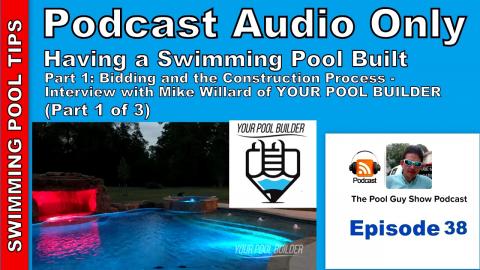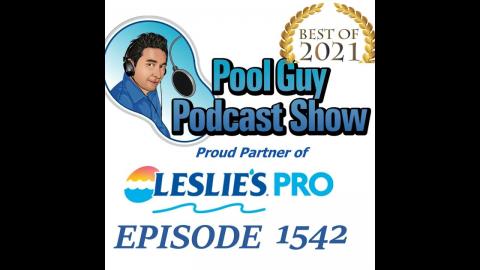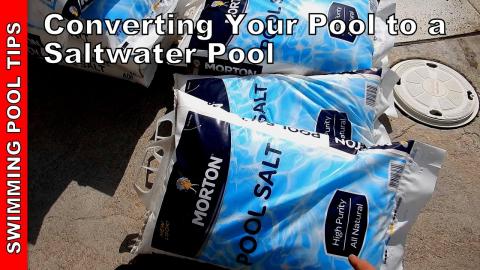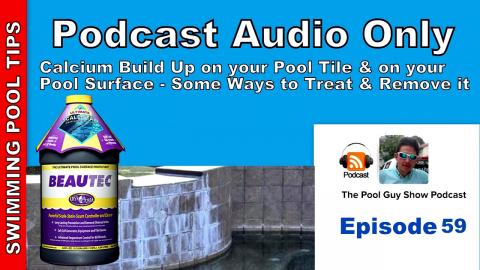Best Swimming Pool Sanitizer
Description
There is no perfect pool sanitizer. Take a Saltwater Generator for example. It produces chlorine but at a pretty high upfront cost, and then there is monthly maintenance to keep the salt cell producing chlorine.
Liquid Chlorine (Sodium hypochlorite) – by-product is salt (Sodium)
17 ppm per 10,000 gallons of water with 1 gallon of liquid chlorine. Liquid Chlorine or Bleach is the tried and true standard chemical for most pool service professionals. It is easy to use, relatively inexpensive, and has the most minor side effects of any chlorine you can choose from. It is usually sold in 12.5% active chlorine per gallon, with Bleach coming in at about half that strength at 6.5%. This means that when you add a gallon of liquid chlorine, and your Conditioner level (CYA) is 50 ppm, it will stay at 50 ppm even if you add 20 gallons of liquid chlorine.
Pros:
Fastest-acting of all chlorine types
Will not raise your CYA level
Safe for all pool types
Easy to use
Cons:
Breaks down by the Sun’s UV Rays, so your pool needs a CYA level of 30-50 ppm
Short shelf life, so rotate stock or buy fresh chlorine when needed
Half-life is about 90 days
The gallons can be heavy compared to a bag of shock
Cal Hypo (Calcium hypochlorite) Calcium
Eight ppm of calcium is added to 10,000 gallons of water per 1 lb. of Cal Hypo.
Cal Hypo is very popular, and there are several reasons why it is widely used in the industry. It is easy to carry and comes in different strengths, such as 60-75% active chlorine. One of the significant side effects is that it contains calcium, so over time, it will raise your pool’s calcium hardness. It is not an issue if you live in an area with soft water, but I caution against using it in areas with hard water.
Pros:
Solid and easy to use
It does not contain a Conditioner, so it will not raise the pool’s CYA levels.
Cal Hypo Tablets dissolve slowly over a week and don’t raise the pool’s CYA level.
Safe for all pool surface types, but use caution with a vinyl liner
Cons:
Raises Calcium Harness in a pool
Raises the pH in a pool
Clouds up the pool water if poured directly in
Dichlor (Dichloroisocyanuric acid) adds about 50% CYA to the pool water per weight of the dichlor added. Example: If you add 10 lbs of Dichlor to your pool, add 5 lbs. of Cyunaric Acid to the water.
Dichlor is a prevalent form of chlorine, and its granular form makes it very easy to measure and use in a pool. It is pH neutral, so it will not significantly raise or lower the pool pH. It does contain Cyanuric Acid (CYA), about 50%-65% by weight. So, if you add 10 lbs. of Dichlor to a pool, you also add about 6 lbs. of CYA. Over time, this will increase the pool’s CYA levels. A little Dichlor goes a long way, making this an ideal chemical for your truck if you service pools.
Pros:
Easy to use and powerful
pH neutral
Safe for all surface types
Long the shelf life of 2-3 years
Cons:
Adds Conditioner to the pool
It is expensive, so it is not practical in most applications
Trichlor or Trichloroisocyanuric Acid ( Trichloro-S-Triazinetrione) adds about 50% of Cyanuric Acid to the water by Trichlor tablet weight.
Comes in three forms. The familiar 3” tablets that slowly dissolve in your pool, an excellent powder shock and a granular form. About 50% of the Tri-Chlor by weight is Conditioner. So, a 50 lbs. bucket of tablets is about 25 lbs. of CYA. If you overuse tablets, your pool’s CYA level can increase rapidly. Trichlor tablets are usually 95% to 99% active chlorine. Tri-Chlor tablets have a very low pH of 2-3, so they will lower the pH in your pool. The tablets contain acid in Cyanuric Acid, so if one falls into the pool, it will likely stain the surface by burning it.
Pros:
It is solid and slowly dissolves in tablet form, releasing chlorine all week.
Easy to use
Cons:
Can stain the pool surface
Contains 50% CYA by weight
Expensive in today’s inflationary environment
Visit my Website: http://www.swimmingpoollearning.com/
eBook: https://www.swimmingpoollearning.com/swimming-pool-care-ebook
YouTube Video Index: http://poolmandave.blogspot.com/2014/03/swimming-pool-tips-reviews-how-to-video.html – A list of all of my videos.
Blogger: http://poolmandave.blogspot.com/
Facebook: https://www.facebook.com/swimmingpoollearning/
https://poolguycoaching.com/Twitter: https://twitter.com/Mrdgvb1
Podcast: http://www.buzzsprout.com/110832
Podcast Website: https://www.thepoolguypodcastshow.com/
Coaching Site: https://poolguycoaching.com/
Shop at Leslie's: Leslie’s Pool Supplies has been a do-it-yourselfer and pool trade professionals' trusted partner since 1963, providing quality products and services to make pool care easy and solutions and expertise to do it right. http://lesliespool.com/?utm_medium=referral&utm_source=spll&utm_campaign=spll
If you are not using pool service software Try Skimmer free for 30 days at https://www.getskimmer.com/poolguy
Skimmer, Everything you need to run your pool service business, all in one app


